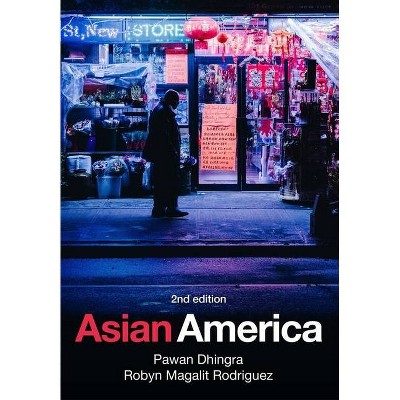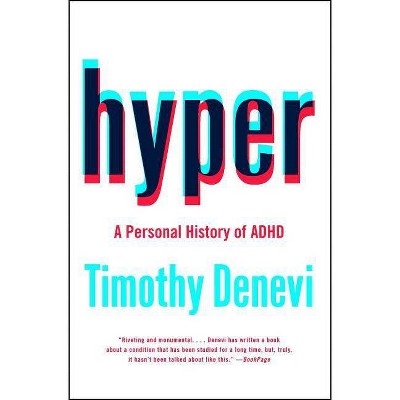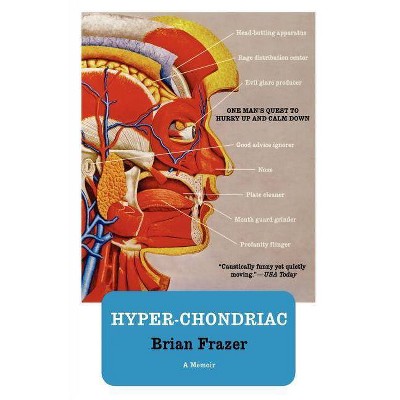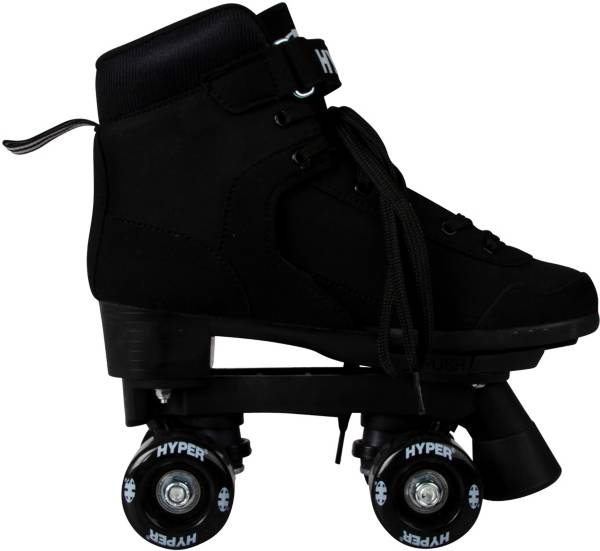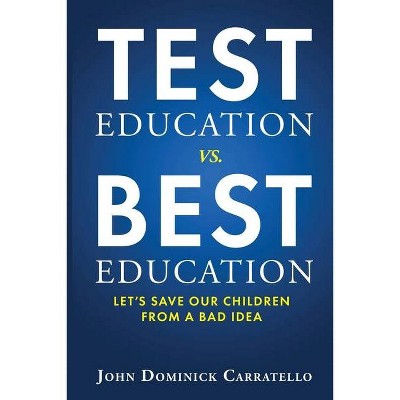Hyper Education - by Pawan Dhingra (Paperback)
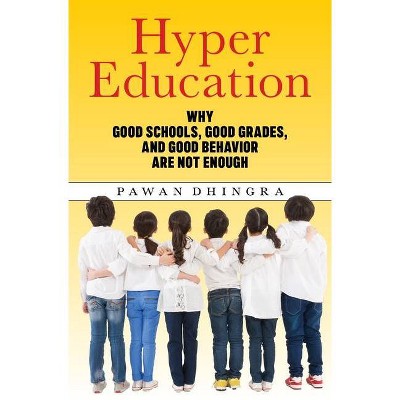
Similar Products
Products of same category from the store
AllProduct info
<p/><br></br><p><b> Book Synopsis </b></p></br></br><p><b>An up-close look at the education arms race of after-school learning, academic competitions, and the perceived failure of even our best schools to educate children</b> <p/>Beyond soccer leagues, music camps, and drama lessons, today's youth are in an education arms race that begins in elementary school. In <i>Hyper Education</i>, Pawan Dhingra uncovers the growing world of high-achievement education and the after-school learning centers, spelling bees, and math competitions that it has spawned. It is a world where immigrant families vie with other Americans to be at the head of the class, putting in hours of studying and testing in order to gain a foothold in the supposed meritocracy of American public education. A world where enrichment centers, like Kumon, have seen 194 percent growth since 2002 and target children as young as three. Even families and teachers who avoid after-school academics are getting swept up. <p/>Drawing on over 100 in-depth interviews with teachers, tutors, principals, children, and parents, Dhingra delves into the why people participate in this phenomenon and examines how schools, families, and communities play their part. Moving past Tiger Mom stereotypes, he addresses why Asian American and white families practice what he calls hyper education and whether or not it makes sense. <p/>By taking a behind-the-scenes look at the Scripps National Spelling Bee, other national competitions, and learning centers, Dhingra shows why good schools, good grades, and good behavior are seen as not enough for high-achieving students and their parents and why the education arms race is likely to continue to expand.</p><p/><br></br><p><b> Review Quotes </b></p></br></br><br>[A] fascinating look at a growing subculture and an account of the ways in which public schools are failing our most gifted and hard-working -students and putting the blame on their parents.-- "The Wall Street Journal"<br><br><i>Hyper Education</i> is a deeply engaging book, packed with rich narrative accounts and powerful theoretical insights, that incisively demonstrates how critiques of the "over-investment" in education of Indian Americans--and Asian Americans more generally--help maintain the racial status quo by centering normative whiteness and sustaining white supremacy. Expertly situated within the broader context of neoliberalism, accountability policy, immigration, and race, this book should be read by everyone who seeks to better understand the changing educational landscape in the United States.--John B. Diamond, co-author of Despite the Best Intentions: How Racial Inequality Thrives in Good Schools<br><br>A fascinating and timely look at the risks and rewards of cranking up the academic pressure on children. Pawan Dhingra does not just analyse the status quo: he shows parents, educators and society as a whole how to change so that we can find the sweet spot between pushing the next generation too hard and not pushing them hard enough.--Carl Honore, author of Under Pressure: Putting the Child Back in Childhood<br><br>As the failures of the US' fragmented, highly unequal, and increasingly privatized education system have been laid bare amidst the COVID-19 crisis, Dhingra's book is a timely look at how families respond to such a system. In doing so, he debunks harmful stereotypes about Asian American culture and parenting. His book will be of much interest not only to sociologists, but also to educators and families alike.-- "Social Forces"<br><br>Carefully researched and written, <i>Hyper Education </i>shows how race saturates the conversation about education. This book is a clear and nuanced treatment of a complex trend that too often gets obscured by stereotyping. Ultimately, Dhingra helps us learn more about the evolution of what it is like to be a child amidst the privatization of social goods in an age of insecurity.--Allison J. Pugh, author of The Tumbleweed Society: Working and Caring in an Insecure Age<br><br>Dhingra presents a compelling and cogent examination of this phenomenon and analyzes whether or not it is a positive development. [...] Based on over 100 interviews Dhingra conducted with children, parents, principals, teachers, tutors, and other stakeholders, the research underlying the book's thesis is rigorous, well reasoned, and reliable.-- "Choice"<br><br>Dhingra tells a fascinating story about U.S. hyper education--a common practice of American middle-class parenting taken up and advanced by Asian immigrants. <i>Hyper Education</i> explains what drives this phenomenon and what is at stake from the perspectives of children, parents, and educators, dispelling many erroneous assumptions and stereotypes about high-achieving Asian Americans.--Min Zhou, co-author of The Asian American Achievement Paradox<br><br>Families who want their children to succeed often send them to private learning centers and encourage them to participate in spelling bees and math competitions. Why? That question is at the heart of Dhingra's thought-provoking book...A well-researched work of interest to parents and educators.-- "Library Journal"<br><br>In this book, Dhingra offers a multi-layered perspective on the effects of over-programming young people to meet educational goals. He opens a window into the experiences of Indian American families and youth, and invites the reader to consider how race, immigration, culture, and class influence educational outcomes. <i>Hyper Education</i> is an accessible and necessary read for anyone connected to the American educational system and committed to educational equity.--Deepa Iyer, author of We Too Sing America; South Asian, Arab, Muslim and Sikh Immigrants Shape Our Multiracial Future<br><br>Third graders worrying about the SATs? Middle schoolers with stress ulcers? Eight National Spelling Bee Co-Champions? Pawan Dhingra spent years immersed in the world of hyper education to write a gripping study on the culture of success. What he uncovers are the fascinating, often unexpected motives behind achievement and the deep undercurrents of white normative ideology, historical racism, government policies and gender bias that are at play. This book challenges the very way we approach education in America.--Maulik Pancholy, actor and author of The Best At It<br><br>Why do so many Asian American parents seek hyper education for their children? Through his fascinating exploration of spelling bees, math competitions, and enrichment centers, Pawan Dhingra gets to the root of education obsessions to expose our global anxieties, national biases, and parental hopes for our sons and daughters.--Min Jin Lee, author of Free Food for Millionaires and National Book Award Finalist, Pachinko<br><p/><br></br><p><b> About the Author </b></p></br></br><b>Pawan Dhingra</b> is Professor of American Studies at Amherst College. He is the author of many books, including <i>Life Behind the Lobby: Indian American Motel Owners and the American Dream</i>. His work has been featured in the <i>Boston Globe</i>, the <i>Washington Post</i>, <i>The New York Times</i>, Salon, the PBS News Hour, and the documentary, <i>Breaking the Bee.</i>
Price History
Cheapest price in the interval: 18.95 on November 8, 2021
Most expensive price in the interval: 18.95 on December 20, 2021
Price Archive shows prices from various stores, lets you see history and find the cheapest. There is no actual sale on the website. For all support, inquiry and suggestion messages communication@pricearchive.us
